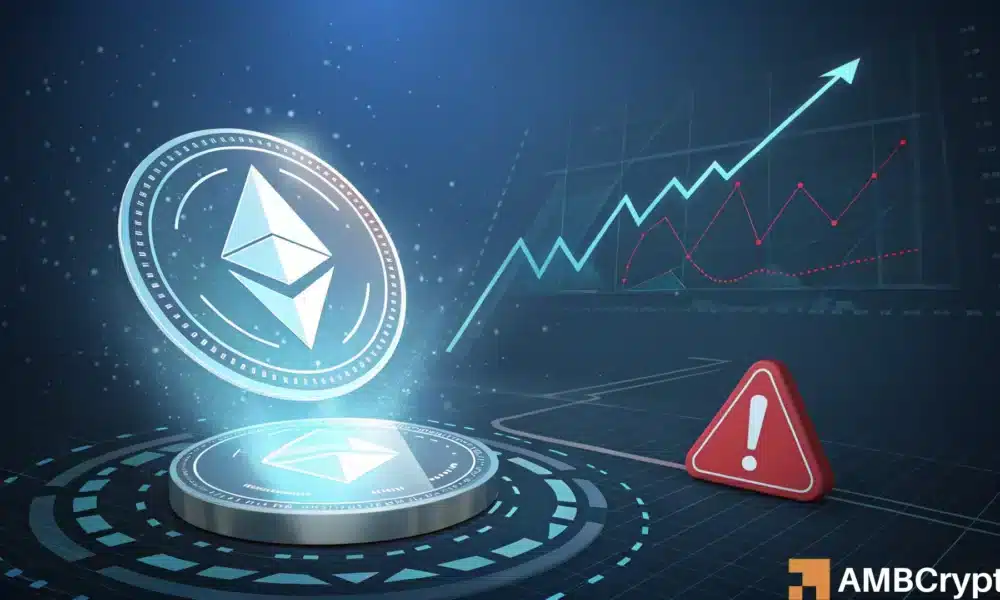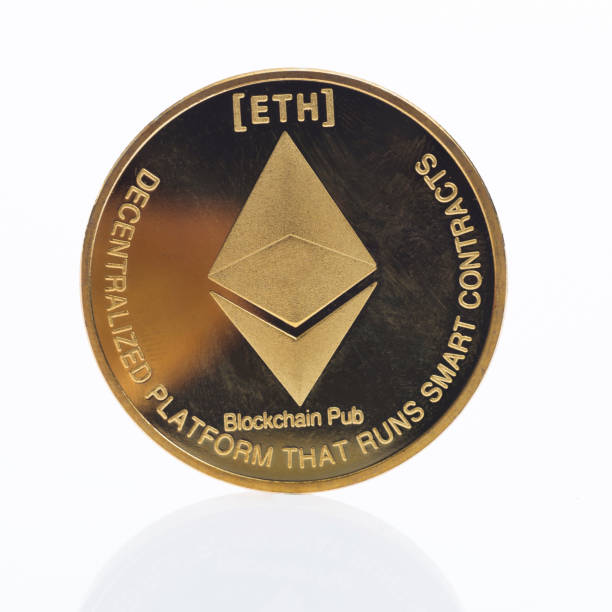“We allege that DEBT Box and its principals lied to investors about virtually every material aspect of their unregistered offering of securities, including by falsely stating that they were engaged in crypto asset mining. We filed this emergency action to protect the victims of the defendants’ unlawful actions and stop further harm.”

The Securities and Exchange Commission has obtained a temporary asset freeze, restraining order, and other emergency relief against Digital Licensing Inc., as part of its lawsuit against the Utah-based entity doing business as DEBT Box and its four principals and 13 other defendants.
Jason Anderson, his brother Jacob Anderson, Schad Brannon, and Roydon Nelson, as well as 13 other defendants are being sued by the SEC for an allegedly fraudulent scheme to sell crypto asset securities to hundreds of U.S. investors that raised approximately $50 million and unspecified amounts of Bitcoin and Ether.
“Node licenses” are a sham, says SEC
According to the SEC, the ongoing scheme began in March 2021 to sell unregistered securities they call “node licenses”, which supposedly would generate various crypto asset tokens through crypto mining activity.
Investors were told revenue-generating businesses in a variety of sectors would drive the value of the various tokens DEBT Box mined, resulting in exorbitant gains for investors.
The SEC found that the node licenses were a sham intended to obscure the fact that the total supply of each token was created by DEBT Box instantaneously using code on a blockchain.
Tracy S. Combs, Director of the SEC’s Salt Lake Regional Office, said: “We allege that DEBT Box and its principals lied to investors about virtually every material aspect of their unregistered offering of securities, including by falsely stating that they were engaged in crypto asset mining. We filed this emergency action to protect the victims of the defendants’ unlawful actions and stop further harm.”
The DEBT Box calls itself “a revolutionary decentralized eco-friendly blockchain technology network of anonymous software operators who, together, create a blockchain eco-system”. The firm states that “a single DEBT Box provides the opportunity to offset mortgages, car payments, credit cards or student loan debt” and its projects are allegedly supported by commodities and assets, such as: gold, silver, platinum, oil, natural gas, agriculture, real estate, and royalties.
According to DEBT Box’s website, the DEBT token “is the central support and utility token for the D.E.B.T. ecosystem, which has a growing list of token projects. Each project will have a swap pairing with the DEBT token. Projects in the ecosystem use tokenomics that support the economic theory of supply and demand, with transfer fees to support the network, discouraging frequent trading. Because of this, a token holder will be encouraged to swap their project token value to the DEBT token before transferring and using it for trading and liquidity. With the central role it plays on the platform, the DEBT token will generate demand as more and more token projects enter the ecosystem and mature.”
The DEBT token is still worth $4.8, according to coinmarketcap, despite the charges made by the SEC.
Credit: Source link















































